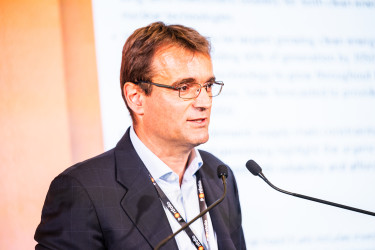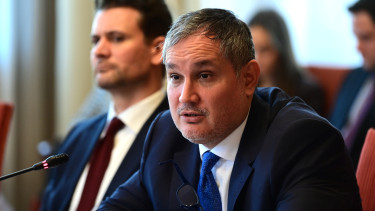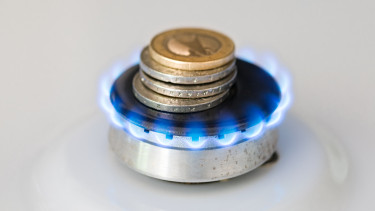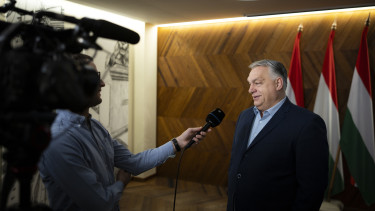Hungary is on the right track in its energy transition
According to Milos Stefanovic, Hungary is on the right track with its energy transition as a producer of nuclear energy. For example, it is phasing out coal and developing small modular reactors (SMRs), as well as building a transmission line interconnection network, which could make it a regional hub.
It is fantastic what Hungary has achieved in terms of energy transition, especially compared to the situation 15-20 years ago,
he said.
However, with regard to the construction of the new nuclear power plant, he emphasised that such projects commit us to using technology supplied by the same country for 50 years. This applies to both conventional and SMR energy production.
Following the global financial crisis of 2008, it did not seem worthwhile to invest in renewable energy. However, events ultimately proved this to be incorrect. Investments in clean energy now far exceed those in traditional sources. This gives cause for optimism regarding the outlook for 2050.
When discussing the future of battery energy storage and SMRs, he said that, initially, SMRs are expected to be expensive, but, as with other clean technologies, costs are expected to fall as they become more widespread.
At the same time, it is difficult to judge what the appropriate energy mix is for each country and what role nuclear energy, for example, should play,
he added.

With regard to the British Hinkley Point project, he drew attention to the cost and time overruns associated with traditional nuclear energy technology projects. In his view, the key question is how the financing of SMRs will compare. The nature of the regulations will also be crucial for SMR financing.
In general, there are several financing options available; the question is which one to choose. Capital markets offer financing for renewables, so the issue is not the availability of financing, but rather the return on investment and the need to reduce energy costs for consumers. For this to happen, however, regulation must be completely transparent, and we cannot always use the regulatory framework in other jurisdictions as a guide.
He cited the case of Denmark's Orsted as an example of successful sustainable transformation. Just 15 years ago, Orsted was primarily reliant on fossil fuels, but it is now considered a champion of green energy. With Citi's support, Orsted was able to make this transition while achieving economic and financial success.








